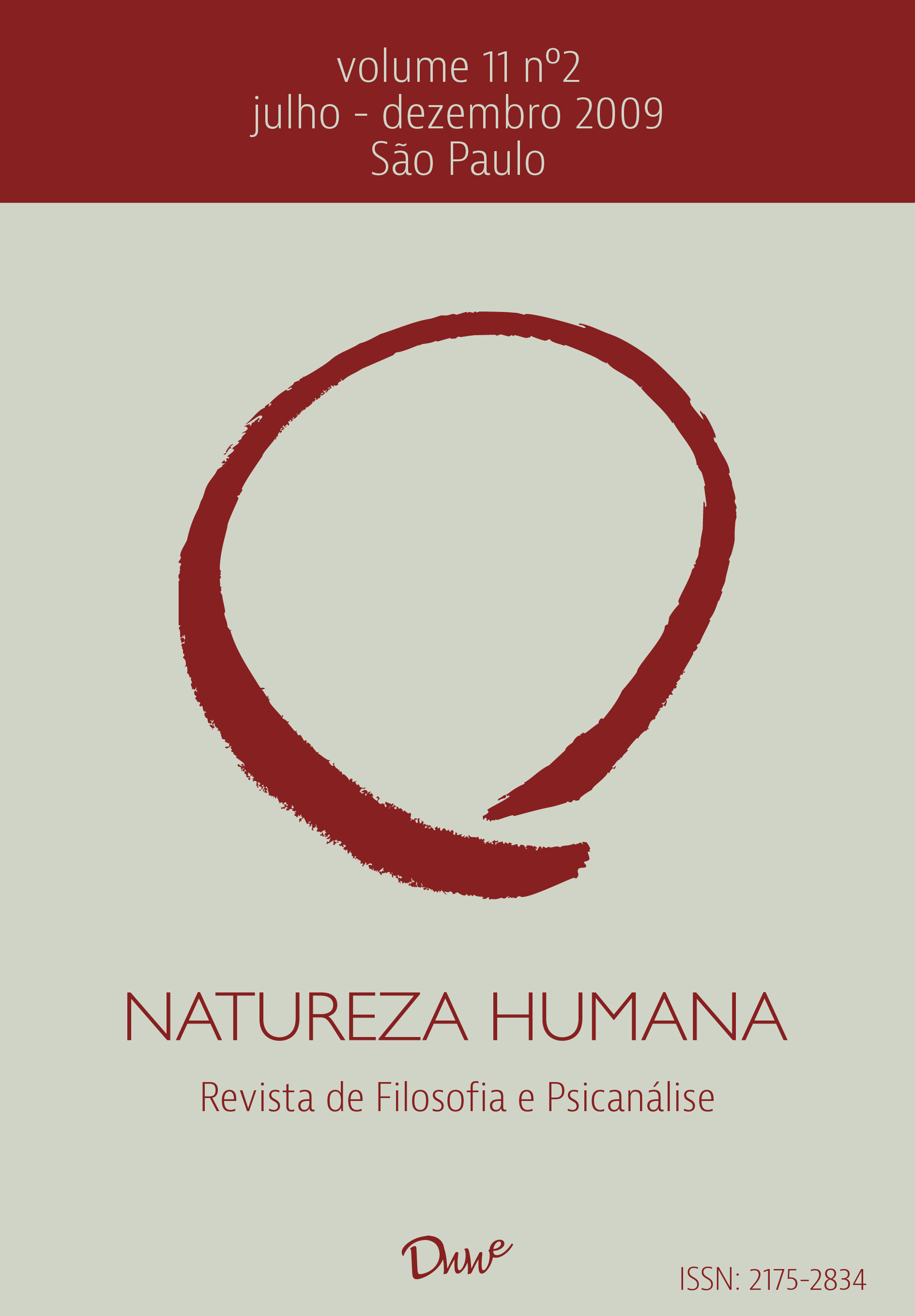The Philosopher of Modern Life: Baudelaire, Merleau–Ponty, and the Art of Phenomenological Critique
DOI:
https://doi.org/10.59539/2175-2834-v11n2-955Keywords:
Charles Baudelaire; Maurice Merleau–Ponty; depth; reversibility; Écart; correspondences; social critique; art.Abstract
I compare poet Charles Baudelaire and philosopher Maurice Merleau–Ponty as social critics of modernity from within modern society. I explore Baudelaire’s unacknowledged influence upon Merleau–Ponty as a means of re–reading Merleau–Ponty’s phenomenology. I examine Baudelaire’s poetry as well as his essay, The Painter of Modern Life. Though the essay claims to be an analysis of the significance of the painter C. Guys, I argue that it can be read as autobiographical – revealing a sense of the poet as social critic of modernity. Likewise, Merleau–Ponty’s accounts of artists reveal a great deal about his own view of the role of the philosopher as social critic. One can read Merleau–Ponty’s phenomenology as an art rather than as a science of sciences. Finally, I explore the political implications of this aesthetic–based phenomenology. I argue that there is an historical depth revealed by this phenomenological art of political judgment that would be neglected by any political science.Downloads
Published
2024-10-02 — Updated on 2009-10-02
How to Cite
Davis H. , D. (2009). The Philosopher of Modern Life: Baudelaire, Merleau–Ponty, and the Art of Phenomenological Critique. Human Nature - International Philosophy and Psychology Review, 11(2), 153–180. https://doi.org/10.59539/2175-2834-v11n2-955
Issue
Section
Artigos








